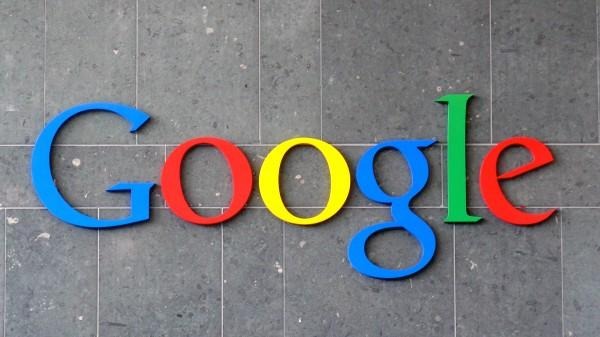Leak: MPAA calls Google 'childish', blames them for piracy
Pirated content is a hotly debated topic, but the stance from film production houses is pretty clear: they're not into it. Piracy has it's proponents (mostly consumers who just want free stuff), but the Motion Picture Association of America (MPAA) isn't one of them. With the hack on Sony, we now see just how vehemently opposed they really are. Emails traded between the MPAA and various studio bosses reveal a common enemy in Goliath, which is believed to be Google. They even accuse Google of being "childish".
The crux of the standoff has to do with Google wanting to be Google, and movie studios trying to protect their work. It can be appreciated best as misaligned values, since Google wants a free and open Internet while the MPAA and their studio partners simply want to protect their content from being distributed without their profiting from it.
The aim, though, seems terribly misguided.
Emails reviewed by The Verge show the MPAA was trying to work with Google, but to no avail. In one email, a lawyer for the MPAA said "There is much to commend an expanded Goliath strategy — the status quo has not exactly been favorable for us and, absent our doing something, it doesn't promise to get better anytime soon."

The last email on record was late October, and in reference to Google's antipiracy report. That report addressed Google's efforts to downgrade known piracy sites, where Google said "we expect to visibly affect the rankings of some of the most notorious sites".
MPAA lawyer Steve Fabrizio thought Google's response was "tactical", and even called it "childish". Fabrizio also said that following a Civil Investigative Demand (CID) Google received regarding ads on illicit drug websites — which they may have profited from — that the MPAA "may be in a position for more serious discussions with Google."
At one point early on, the discussion moved toward damage control, with Fabrizio saying "we need to consider the extent to which a strategy presents a risk of a public relations backlash". Though they likely meant some sort of mud-slinging catfight between themselves and Google (which is tempered by the MPAA considering more "negative Goliath news"), we've now got the full story.
The MPAA tried — or IS trying — to kill the messenger. Cue backlash.
Source: The Verge
